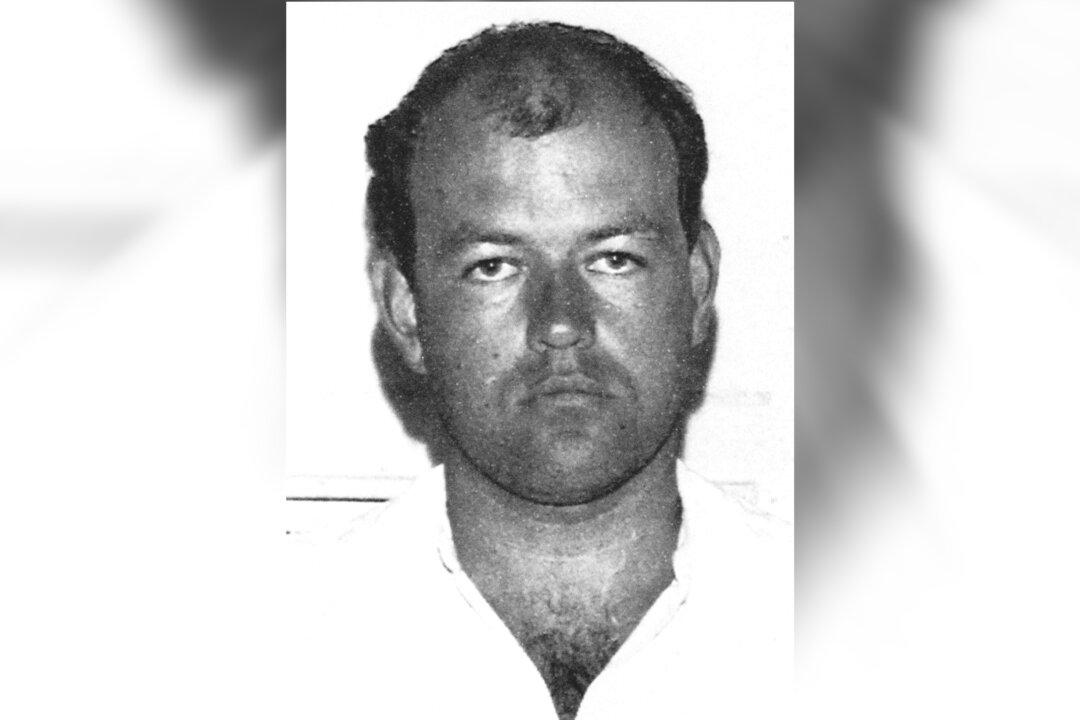The Parole Board has cleared the way for child killer Colin Pitchfork to be released from prison but the justice secretary, Lord Chancellor Alex Chalk, will consider the case “extremely carefully.”
Pitchfork was jailed for life for raping and strangling Lynda Mann, 15, in Leicestershire in 1983 and Dawn Ashworth, who was also 15 years old, three years later.





